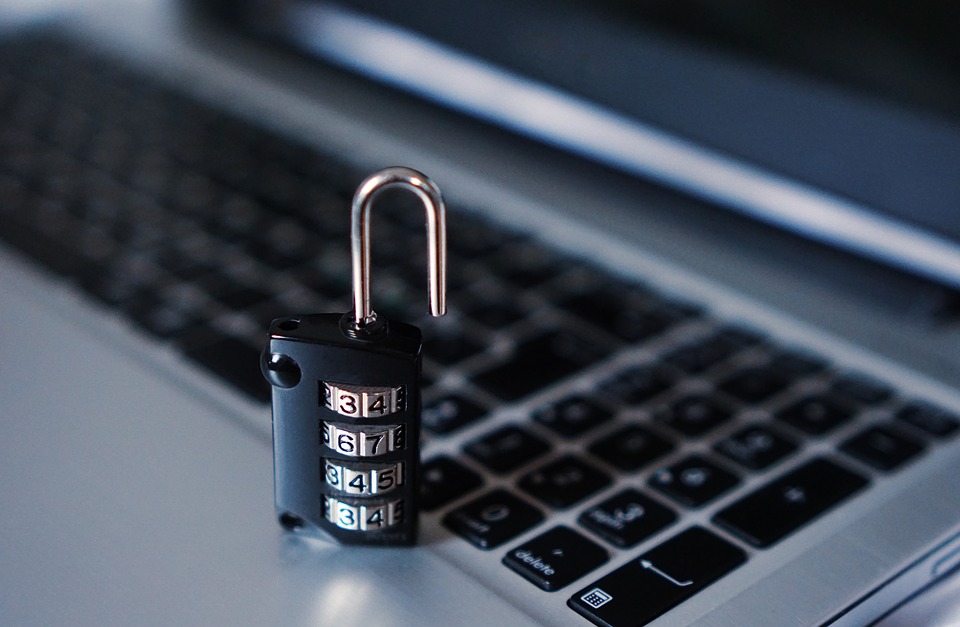
The number of IoT devices is foreseen to reach 24 billion by 2020. However, with all the benefits comes risk. More connected devices mean more entry points for hackers and cyber criminals.
There are two main categories within this issue, security and privacy.
According to Icontrol Networks’ 2015 State of the Smart Home Report, 90% of the consumers regard personal and family security as a top influential factor in purchasing a smart home system, similar to the results from previous years. As for businesses, many organizations hesitate adopting the IoT technology due to the complexity and risk associated with managing an unclear environment.
Unwanted public profile is one of the many privacy issues that arises with the advance of technology. For example, it’s very likely that a consumer signs an agreement with an insurance company before actually reading through all the terms. Therefore, the insurance company might gather information about the consumer’s driving habits through a connected car. Same goes for health insurance, thanks to fitness trackers.
The amount of data IoT devices can generate is staggering and that leaves sensitive information vulnerable. Security issues are among one of the top priorities IoT industry must solve before reaching mass adoption. Consumers are undoubtedly willing to build a connected environment, but manufacturers must first show enough confidence that they can secure the devices against some “unwelcome guests”.
References
Andrew Meola, “How the Internet of Things Will Affect Security & Privacy,” Business Insider, August 24, 2016.
Pedro Hernandez, “Microsoft: Security Top Hurdle to Enterprise IoT Adoption,” eWeek, August 29, 2016.
